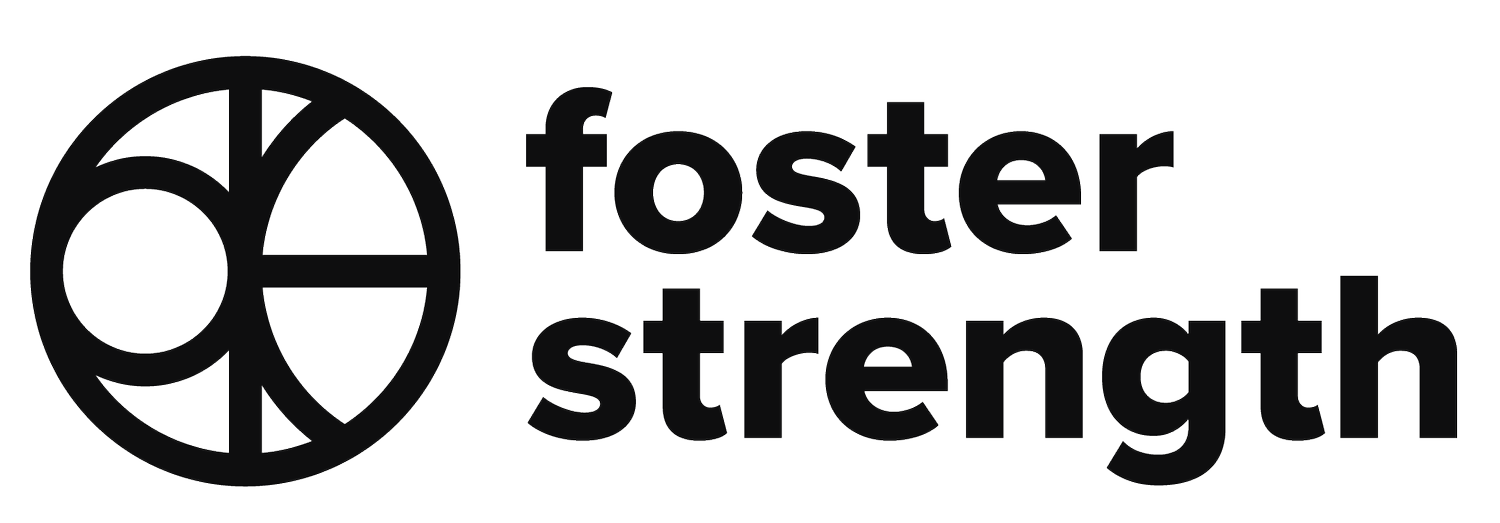PLEASE DON’T “Eat What I Eat” Pt 1: Why Your Trainer Has No Business Using Their Diet As Your Guide
Listen, as with anything, most people in helping professions, like that of personal training, are really doing everything with the best intentions. It’s just that sometimes intentions are misguided.
In a world where the narrative around health and wellness makes food out to be a wonder drug and there is a hyper focus on our worth being tied up with our weight, it can seem so appealing to think that someone could simply tell you what they eat day in and day out and your body could transform to look like theirs, or if not look like theirs, at least be “healthier”, “fitter”, or simply “#goals”. And if you look around traditional #fitspo social media you’ll likely see claims that promise just that; “Eat just like me and you’ll get the same results”.
Newsflash…
Not going to happen.
And there are a few reasons for that.
1. Genetics
Bodies come in all kinds of shapes and sizes. And that is a wonderful thing! It also means it doesn’t matter if you do the exact same exercise routine, eat the same exact foods, and live the exact same life as your trainer, you could still look very different. This isn’t to say that you can’t change how your body looks (to a certain extent) with nutrition. You can also change how your body performs and how it feels. But those changes don’t hinge on copying how someone else eats. With differences in bodies comes differences in how we metabolize certain foods, how our body responds to different kinds of exercise, not to mention our own individual taste preferences. And with anything relating to manipulating our diets, there are psychological, emotional, physical, and cultural considerations. Best to think of yourself as a completely unique ball of cells and take bits and pieces of inspiration where it is appropriate and most importantly SAFE for YOU!
2. Your Trainer Isn’t A Registered Dietician
It’s highly likely your personal trainer is not a Registered Dietician. Let me say that again. Your trainer may be a “nutrition coach” or a “macro coach” or a “veggie guru” but these are NOT the same thing as a Registered Dietician and only an RD can treat clinical conditions. In many states they are the only people who can provide meal plans as well (though many do not and we’ll cover that next). RDs have had formal education in the science of dietetics at the university level and can address nutrition as it relates to a variety of health conditions as well as for sports performance, weight management, etc. This isn’t to say your trainer can’t provide guidance when it comes to nutrition, or likely even more useful nutrition behaviors, it simply means that we all have our expertise and education and should always refer to the professionals who are appropriate for the given situation. A great trainer/nutrition coach can work alongside an RD to provide holistic support.
3. Meal Plans Don’t Work
Meal plans, or following an exact plan of what to eat at every meal and every snack, have terrible success rates. In fact, many RDs don’t even write meal plans, unless medically necessary, and instead rely on changing habits and behaviors to support the desired result. This could be an entire article all to itself. Good thing it already is and very thorough. Click here to read this gem from Precision Nutrition!
4. Short Term Results Don’t Equal Long Term Sustainability
And let’s just say you eat everything your trainer eats and you see miraculous results, the question becomes, “is this sustainable?”. Does your trainer have the same work schedule, parenting responsibilities, budget? Are you the same age? Did you feel like you would have picked all those foods at those times and in those quantities if it was really up to you? Often times mimicking someone else’s choices can serve as a band-aid or quick fix, but it isn’t sustainable. Your life gets in the way. Your preferences take center stage. And that’s ok! Remember you are your own person!
Now you might be saying, “yeah, I get it but I still need help knowing what to eat” and I totally understand that. I still regularly say that I miss living in a college dorm because I actually miss having to spend absolutely zero brain power on choosing what it is I am going to eat/make for meals. And I also understand the desire to mimic the actions of someone you see as a role model in terms of nutrition and fitness. Getting meal and snack ideas from someone you trust/look up to is a great idea and honestly, if you feel that way about your trainer, it is a high compliment. It’s just important to make a clear distinction between inspiration and worshipping/blindly following.
Trainers are human beings with their own complex relationships to food, exercise, and their bodies. And while they may have some training in nutrition science, they are just as susceptible (if not more) to disordered eating behaviors as anyone else. Be discerning about how you work with your trainer when it comes to nutrition, focus on behaviors, and consult a Registered Dietician when appropriate.
In Part 2 of this 3-part series, I will share some of my regular food choices but I will include why you might choose to make the same choice I did or why you might choose NOT to eat the same way, demystifying “healthy” or “perfect” eating and show where individual considerations come into play (while still providing some meal ideas). And in Part 3, I’ll share some of the habits and behaviors, rather than foods or strict meal plans, I suggest for my clients as they work toward their health and fitness goals.
